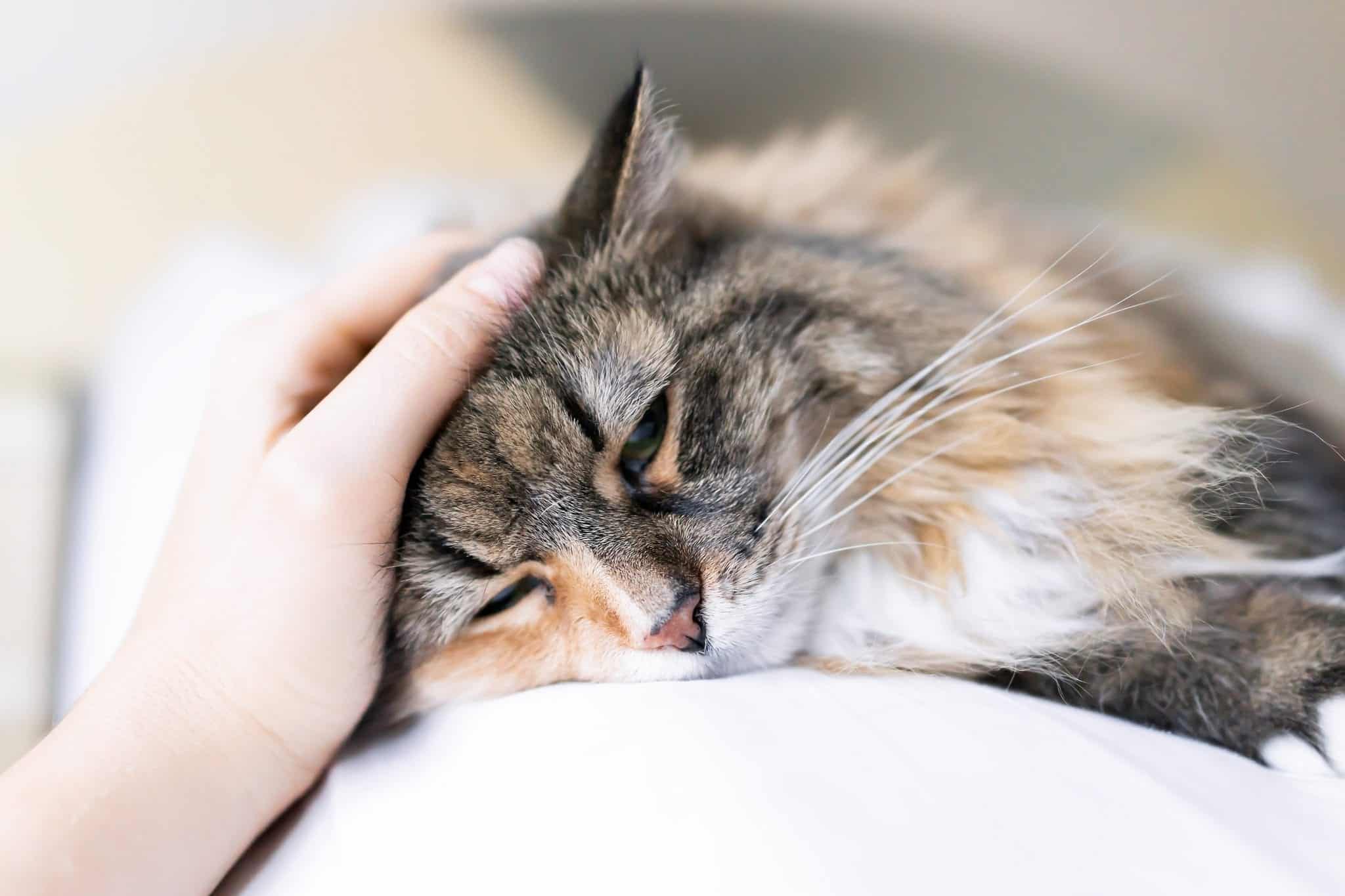When your cat isn’t feeling well, you can tell right away. After all, your cat is basically your child. Cats can hide pain pretty easily, but what they can’t hide is when they just feel sick. Knowing what to do when your cat isn’t feeling well is something every cat owner should know. One of these, in particular, is signs your cat has a fever and the investigation work as to why which will be needed for the veterinarian.
Here are signs your cat has a fever
Your cat may have a fever if they are displaying the following symptoms:
- Loss of appetite. Cats that do not feel well will refuse to eat, even their most favorite treat.
- Refusal to drink water. A cat that refuses to drink water can become in danger of dehydration. You can check to see if your cat is adequately hydrated by checking to make sure their gums are moist as well as their skin elasticity or skin turgor. Do this by gently raising the skin on your cat’s head or back of the neck. When you let go it should quickly snap back to place. If it stays tented, call your veterinarian as it is a sign of dehydration.
- Depression/Lethargy. Cats with a fever barely want to move, just as we do. They may want to lay in one area and stay there. Enticing with their favorite toy may not even entice them.
- Shivering. Cats may start shivering if they have a fever, not to be confused with shivering because they are cold.
- Temperature check. The best way to know your cat’s temperature and if they have a fever is by taking their temperature rectally. A normal temperature for a cat is 99.5 degrees up to 102.5 degrees. Anything over 102.5 degrees is considered a fever. However, cats in a stressful situation will have a higher temp.
What to do if your cat has a fever
If you feel your cat has a fever you should contact your veterinarian immediately, also look over for any wounds or especially hot to the touch areas. Once at the appointment, be prepared to answer questions such as if your cat goes outside or hunts. As well as if your cat is current on vaccinations. Many things can contribute to a fever such as viruses such as panleukopenia, which your cat should be vaccinated for. Another common cause is an abscess which is the result of a puncture wound from another cat bite. Abscesses become infected quickly, are painful, and can cause a high fever.
Once the cause of the fever is found, your veterinarian will come up with the best treatment plan for your cat which will include antibiotics and possible pain medications depending on the cause. It is extremely important to follow the directions on the prescribed medication and to finish the antibiotics.
If you feel that your cat isn’t feeling well or is lethargic and won’t eat or drink, it is best to call your veterinarian right away.





